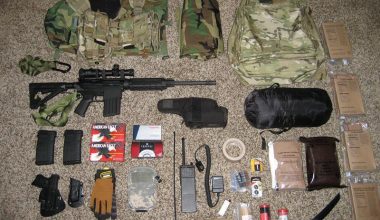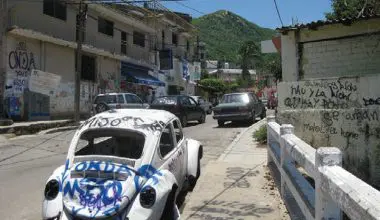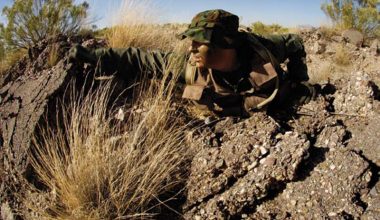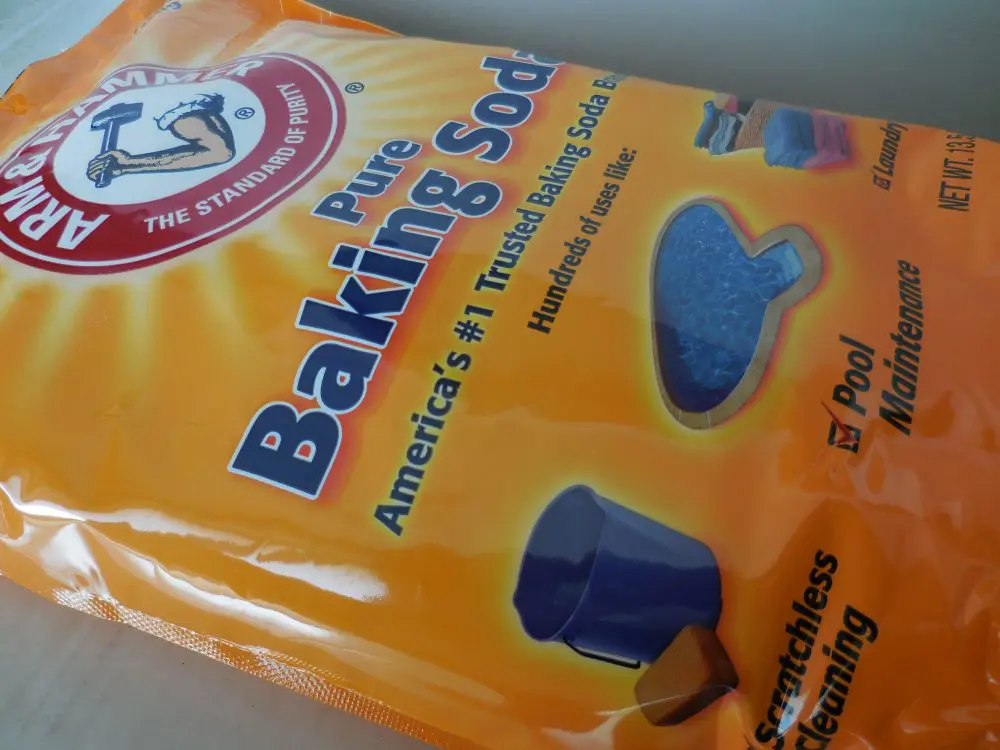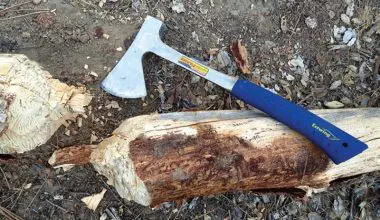We live in a very dangerous and unpredictable world. All it takes is one natural or manmade crisis to seriously disrupt the fragile infrastructure that supports our modern way of life. After a few days without food, water, medical attention, or vital public services, the world around you will begin to look dramatically different than anything you could ever have imagined. During any major crisis there will be two groups of people—the prepared and the unprepared.
In recent years, numerous disasters in the U.S. have claimed many lives and caused billions of dollars in property damage. The aftermath of any major crisis is often much worse than the actual event, and getting back to normal can take weeks, if not months. The aftermath of a disaster may include loss of electrical power; shortages of food, water, medical supplies and gasoline; and in some circumstances even social breakdown and violence.
Experts agree that we should always be prepared, but what exactly does “being prepared” mean for someone living in an urban area? For many, it doesn’t mean much at all, since most people never give the topic the slightest thought—that is until something really bad happens. Given all the uncertainty and high levels of risk, you’d think more people would make some effort to secure a basic level of preparedness for their family— maybe store some extra food, water and medical supplies.
Table of Contents
GOVERNMENT TO THE RESCUE … LOL!
When disaster strikes, the unprepared have very few options. They usually expect, or at least hope, that someone will come to their rescue. Many of these same people will tell you that it’s the government’s job to be prepared. They still mistakenly believe that, after any disaster, the “authorities” will quickly organize and come to their aid. If you are among the many people expecting a prompt governmental response to re-establish law, order and the supply chain after a major crisis, then you have not been keeping up with current events.
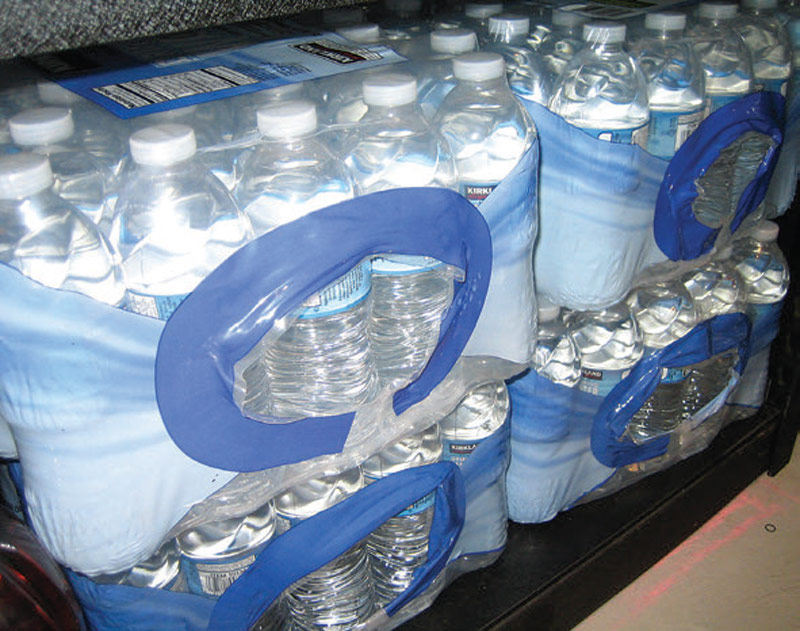
In many of these instances, government and its agencies were widely criticized for their inability to adequately respond to the needs of ordinary citizens. Are these the same “authorities” you’re counting on to help you and your family after a crisis?
A natural disaster, terrorist attack, economic meltdown, or pandemic can affect you in ways you may never have imagined. If a crisis were to occur, would you be prepared, or would you become just another faceless name on the long list of victims? Fortunately, the choice is yours.
BE YOUR OWN CAVALRY
Contrary to popular belief, you don’t need to be a survival expert to be well prepared or have a viable survival plan. The idea of being prepared can mean many different things to many different people, depending on the circumstances. But there are some common elements that apply to all situations, e.g., to survive for any length of time, we all need fresh water, food, protection from the elements, and protection from those who would do us harm.
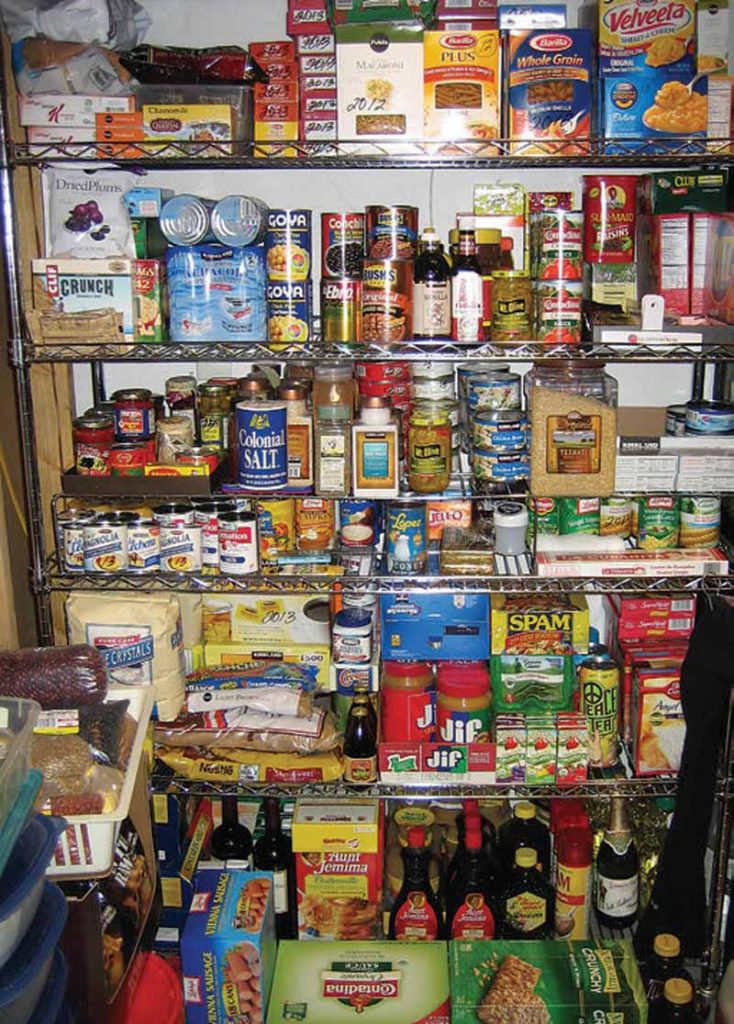
This will remain constant no matter what form the disaster takes, and a viable survival plan must provide for these basics. People living in urban areas usually face some very significant challenges after any major crisis. Preparing to survive requires advance planning and solid preparations.
Consider the following:
- The main goal of urban survival preparation/planning is to increase your chances of staying alive during and after a crisis.
- Urban survival requires skills, supplies and preparations that are tailored to urban/suburban environments.
- After any crisis, social order can deteriorate or completely break down. Panic, confusion and general frustration can drive many otherwise peaceful people to commit acts of aggression and violence. Having a plan and being prepared allow you to either leave safely to a pre-determined location or quietly shelter in place, avoiding the potential chaos outside your door.
- No plan is 100% infallible. But even some very basic preparations can dramatically increase your chances of survival.
- Plan ahead, remain flexible and adapt to changes in circumstances.
- Hope for the best, but always be prepared for the worst. In survival situations, what can go wrong usually will.
A successful urban survival plan and preparations must effectively address basic needs. The following is a checklist to help you get started.
WATER
Store a three-week supply of emergency short-term bottled water—at least two gallons per person per day.
Have an alternate supply of water for the long term. Maintain supplies to disinfect suspect water: chlorine bleach, 2% iodine, treatment tablets, a pot with lid and camp stove to boil water, and a large-capacity water filter with extra elements.
Suspect water must always be disinfected before it is safe to drink. Never use suspect water to brush your teeth, prepare food, or wash pots or pans.
FOOD
Store calorie-dense foods that keep well and require no refrigeration or cooking; simple heat-and-eat options are best. Plan on 2,000 calories per person per day. Buy and store a variety of foods that you will use, and rotate them on a regular basis.
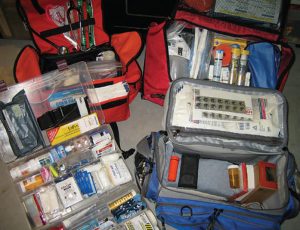
Canned meat, tuna, beans, vegetables, soups, stews, instant rice, peanut butter, cans of evaporated condensed milk, protein bars, Meals Ready to Eat (MREs), and camping-style pouch foods are all good choices. Have at least one high-quality manual can opener and several heating options.
FIRST AID/MEDICAL KITS
Maintain several well-stocked first-aid kits: basic, expanded, and trauma-specific kits are best.
Basic: For minor injuries and non-life-threatening situations that still require care to avoid complications.
Expanded: Contains more extensive supplies to treat emergency situations until the person can be taken to a doctor or hospital.
Tactical Trauma: Used to treat serious trauma and lifethreatening bleeds until help arrives or the person can be taken to an emergency room.
PERSONAL SECURITY/SELF DEFENSE
Personal security and self defense should be top priorities in any survival plan/situation.
Avoid contact and keep a very low profile after a crisis. Have a plan and make sure all members of your group are well trained. Conduct practice drills with your family.
Select firearms that are appropriate for personal defense. Get firearms training from qualified instructors. Store all firearms in a responsible manner.
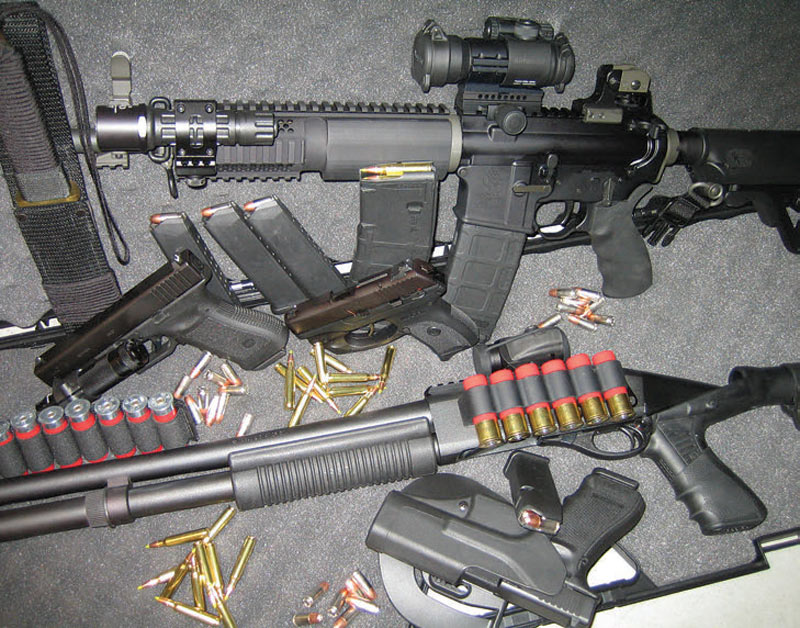
BUGGING OUT, BUGGING IN, AND BUGGING BACK
Have a plan for leaving (bugging out), staying put (bugging in) and getting home (bugging back).
Bugging out can be extremely dangerous and should only be considered as a last resort. Your home will usually be the safest place to be after a disaster.
For bugging in, have adequate supplies to shelter in place quietly and defend your position if necessary.
At your workplace, keep a bag for bugging back. This bag will contain items to help get you home after a crisis.
Assemble a bug-out bag (BOB) and a get-home bag (GHB) and rotate, review and update their contents often.
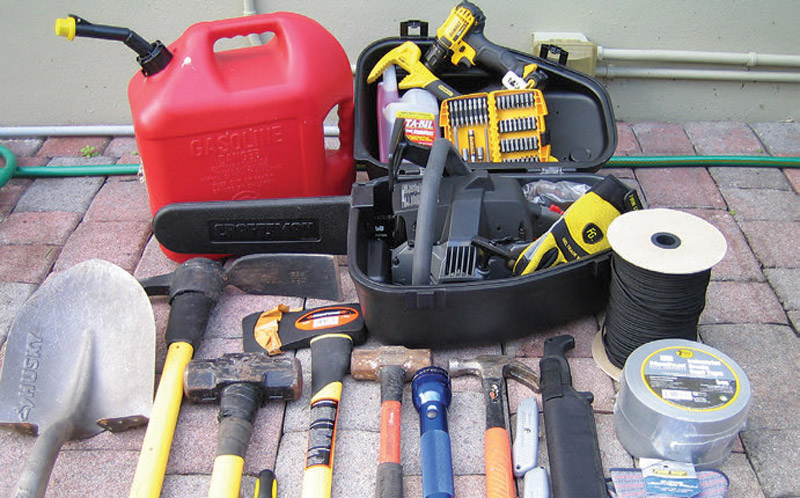
HYGIENE/SANITATION
Store plenty of toilet paper, paper towels, disposable plates, plastic utensils, and paper cups. Also have plastic garbage bags, fivegallon plastic buckets with lids, antibacterial wipes/gels/soaps, and personal hygiene products.
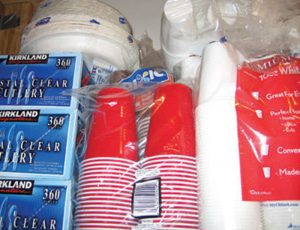
TOOLS
Keep it simple. Flashlights with extra batteries, lightsticks, and candles. Hand tools, axe, shovel, fire extinguisher, chainsaw with extra fuel, duct tape, gloves, and ear/eye protection. If you can afford it, buy a personal generator with extra fuel, oil and spare parts.
TIME TO GET STARTED
Making preparations can be a challenge, especially for someone who has never done it before. Breaking down the preparations into manageable steps can make the process a lot easier and less intimidating. Addressing basic survival needs will put you and your family way ahead of the general (unprepared) population and provide you with a margin of safety after most major disasters.
Once you make the decision to prepare, the next step is to get started. Begin with small steps and do a little more each day, but make sure to keep the momentum moving in the right direction.
Nothing any of us can do will prevent bad things from happening. The best we can hope for is to be prepared. When the moment arrives, you will either be prepared or you won’t—the choice is yours.
